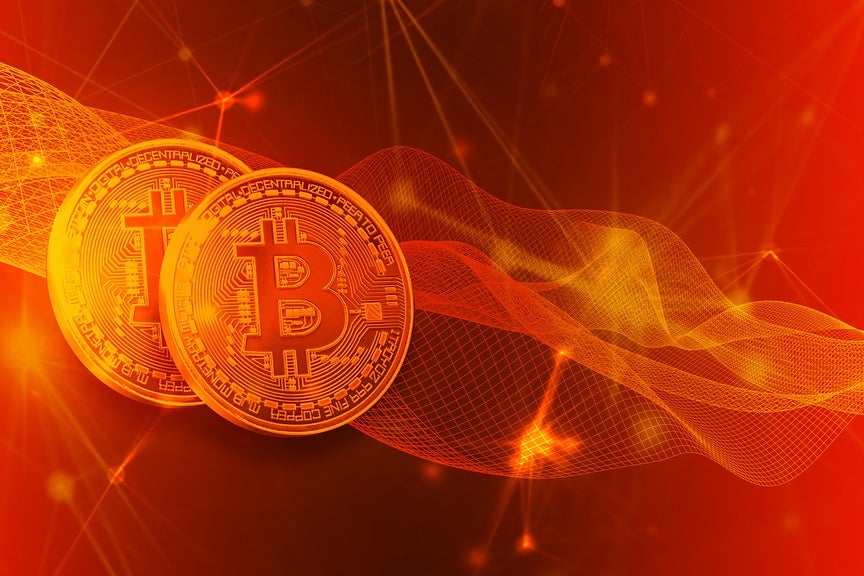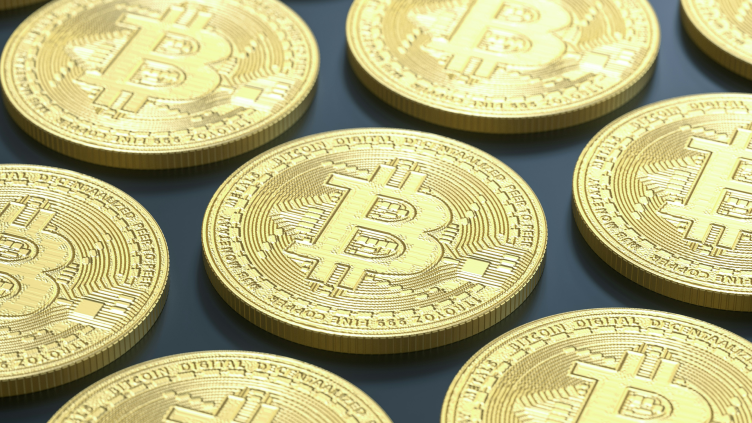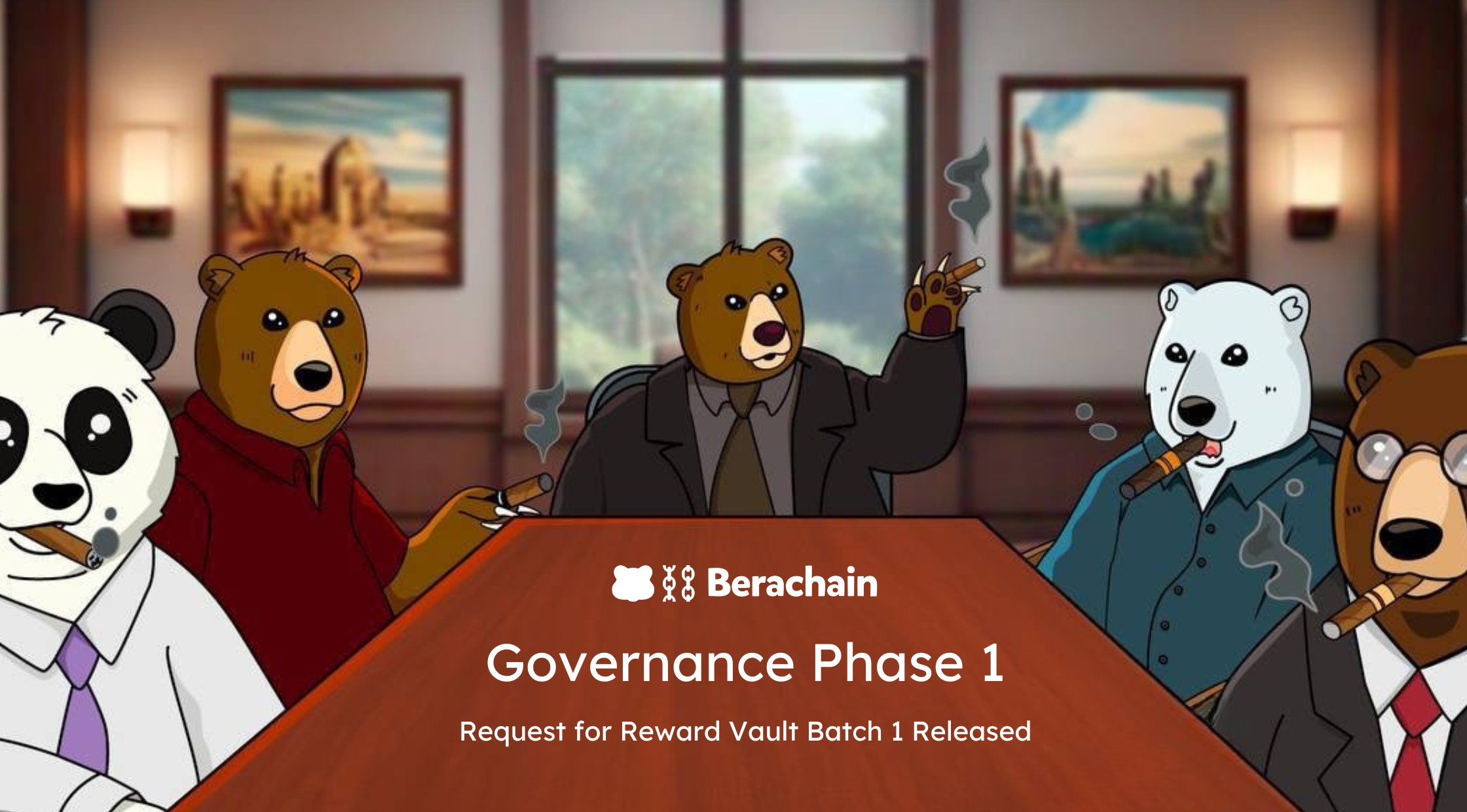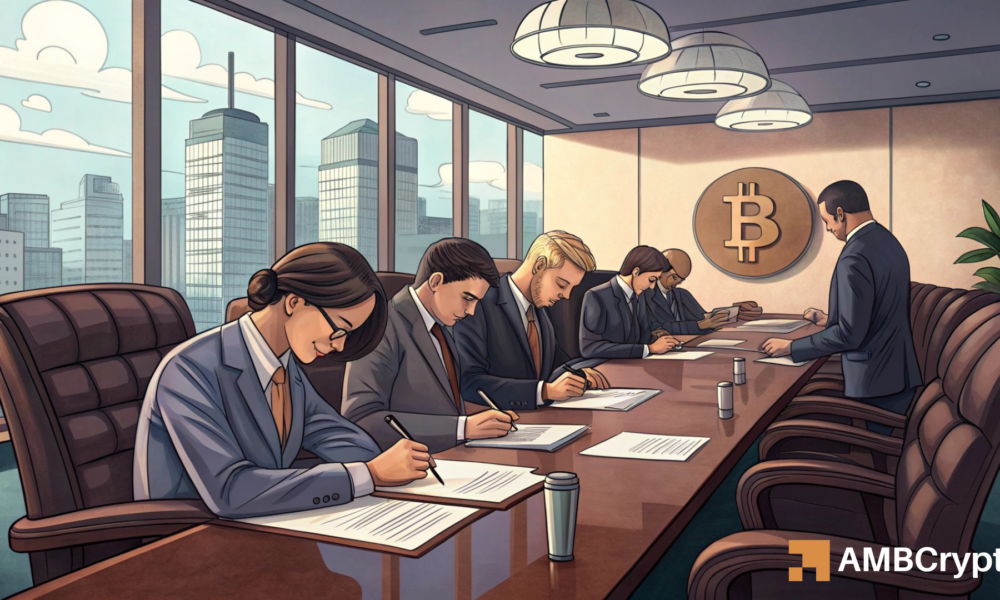Are Gold and Bitcoin the New Safe-Haven Assets?
What’s Behind the Trend?
According to JPMorgan Chase and Co (NYSE:JPM) analysts, investors are showing a growing interest in gold and Bitcoin as “safe-haven” assets amidst increasing geopolitical tensions and the upcoming U.S. presidential election. This shift, known as the “debasement trade,” is driven by concerns about economic instability and currency devaluation, as reported by The Block.
So, what exactly does this mean? Well, it seems that in times of uncertainty, investors are seeking refuge in assets that are perceived as more stable and less susceptible to the volatility of traditional markets. Gold has long been considered a safe-haven asset due to its intrinsic value and history of being a store of wealth. On the other hand, Bitcoin, often referred to as “digital gold,” is gaining traction as a potential hedge against economic uncertainties and inflation.
How Will This Trend Affect Me?
For individual investors, the growing interest in gold and Bitcoin as safe-haven assets could have both positive and negative implications. On one hand, investing in these assets may provide a sense of security and diversification in a volatile market environment. However, it’s important to remember that no investment is without risk, and the value of both gold and Bitcoin can be subject to fluctuations. It’s crucial to do thorough research and consider your own risk tolerance before making any investment decisions.
How Will This Trend Affect the World?
On a larger scale, the shift towards gold and Bitcoin as safe-haven assets could signal a broader mistrust in traditional financial systems and government policies. As more investors flock to these alternative assets, it could impact the global economy and even influence government actions in response to changing market dynamics. It will be interesting to see how this trend plays out in the long term and what implications it may have on the financial landscape.
Conclusion
In conclusion, the growing interest in gold and Bitcoin as safe-haven assets reflects investors’ concerns about economic instability and currency devaluation. While these alternative assets may offer a sense of security in uncertain times, it’s important to approach investment decisions with caution and consider the potential risks involved. The impact of this trend on both individual investors and the global economy remains to be seen, but it’s clear that the appetite for safe-haven assets is on the rise.





